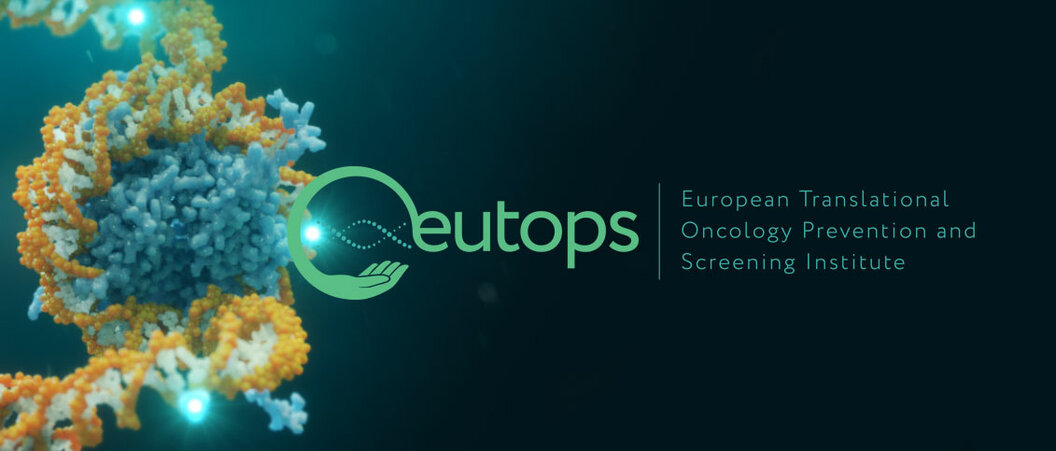New data from the EUTOPS team, in collaboration with Prof Joakim Dillner and team from the Karolinska Institute, have been published in Nature Medicine.
Cervical cancer usually develops in the uppermost layers of the mucous membrane of the cervix. Cancer development typically proceeds in stages and is closely associated with sexually transmitted infections of human papillomavirus (HPV). Worldwide, 660,000 women are diagnosed with invasive cervical cancer every year and 350,000 – mostly young women – die from this disease.
Screening for cervical cancer relies on detection of the virus (HPV) followed by a cytological assessment in which the shape of cervical cells is assessed subjectively under the microscope. Cytology results are strongly dependent on the viewer. HPV tests, and our new WID-qCIN test, are objective assessments of the presence of DNA with particular features.
Key points of the study
The study investigated the efficacy of a DNA methylation test (WID-qCIN) in combination with standard HPV genotyping to identify women at increased risk of cervical cancer. Real-world data from a total of 28,017 women were analysed over a period of 6 years. The 2,377 samples that tested positive for the presence of the human papillomavirus (HPV), the virus that causes cervical cancer, were further tested with the WID-qCIN test.
The combination of the WID-qCIN and HPV16/18 test results detected 93% of all severe precancerous lesions (so-called CIN3) and 100% of all invasive carcinomas diagnosed within 1 year of sample collection. In total, 210 women with normal cytology results in 2017 were diagnosed with cervical cancer or precancerous lesions in the period 1‑6 years after providing their initial sample. The WID-qCIN/HPV16/18 combination identified almost three times more of these women overall than cytology (69% vs 18%), but nevertheless would have resulted in a much lower number of women requiring further invasive testing with colposcopy.
Significance of the research
The results suggest that the WID-qCIN test offers a more efficient method of triaging HPV-positive women than cytology. In the future, this could improve the early detection of cervical cancer and reduce the number of unnecessary invasive procedures following cervical cancer screening. The team hopes that these results will contribute to the further development of new screening strategies and help to combat cervical cancer worldwide.



